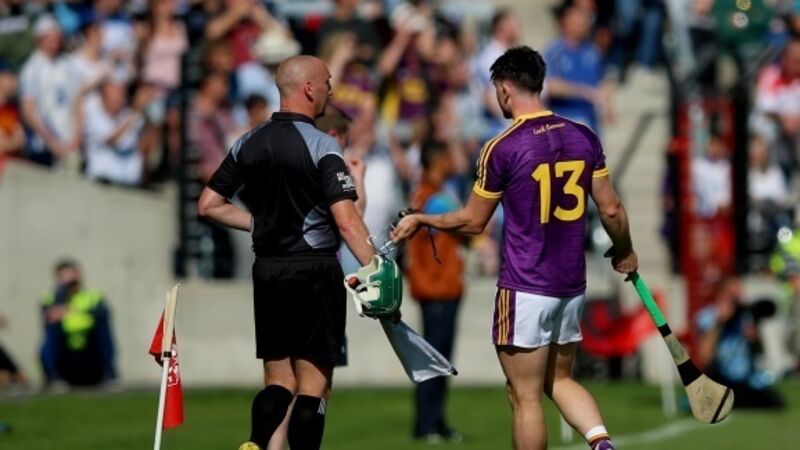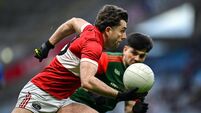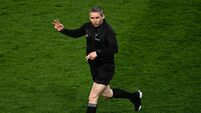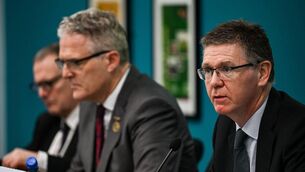Harry Kehoe called ‘admitted liar’ in report

The Waterford defender was red-carded after linesman John Keenan informed referee Fergal Horgan that de Búrca had deliberately interfered with Kehoe’s helmet in the closing stage of their counties’ clash in Páirc Uí Chaoimh.
De Búrca unsuccessfully challenged the Central Competitions Control Committee’s proposed, one-match ban with the CHC and Central Appeals Committee (CAC), prior to the Disputes Resolution Authority (DRA) upholding those groups’ decision. He served a one-match ban for Waterford’s All-Ireland semi-final win over Cork.











